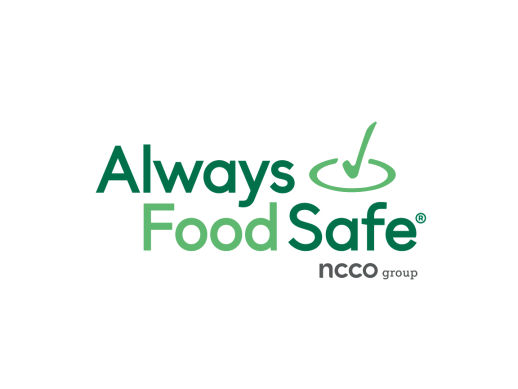When it comes to running a successful restaurant, one of the most critical aspects is ensuring the safety of the food you serve. Building a strong food safety culture is not just about meeting regulations and guidelines; it's about protecting your customers and your business reputation. A robust food safety culture demonstrates your commitment to providing safe and high-quality meals to your patrons.
A strong food safety culture starts with the leadership team. As a restaurant owner, it is your responsibility to prioritize food safety and set the tone for the entire establishment. By making food safety a top priority, you show your staff that you value their well-being and that of your customers. This commitment will trickle down, creating a culture where everyone understands the importance of following proper food safety practices.

 English
English
 Spanish
Spanish
